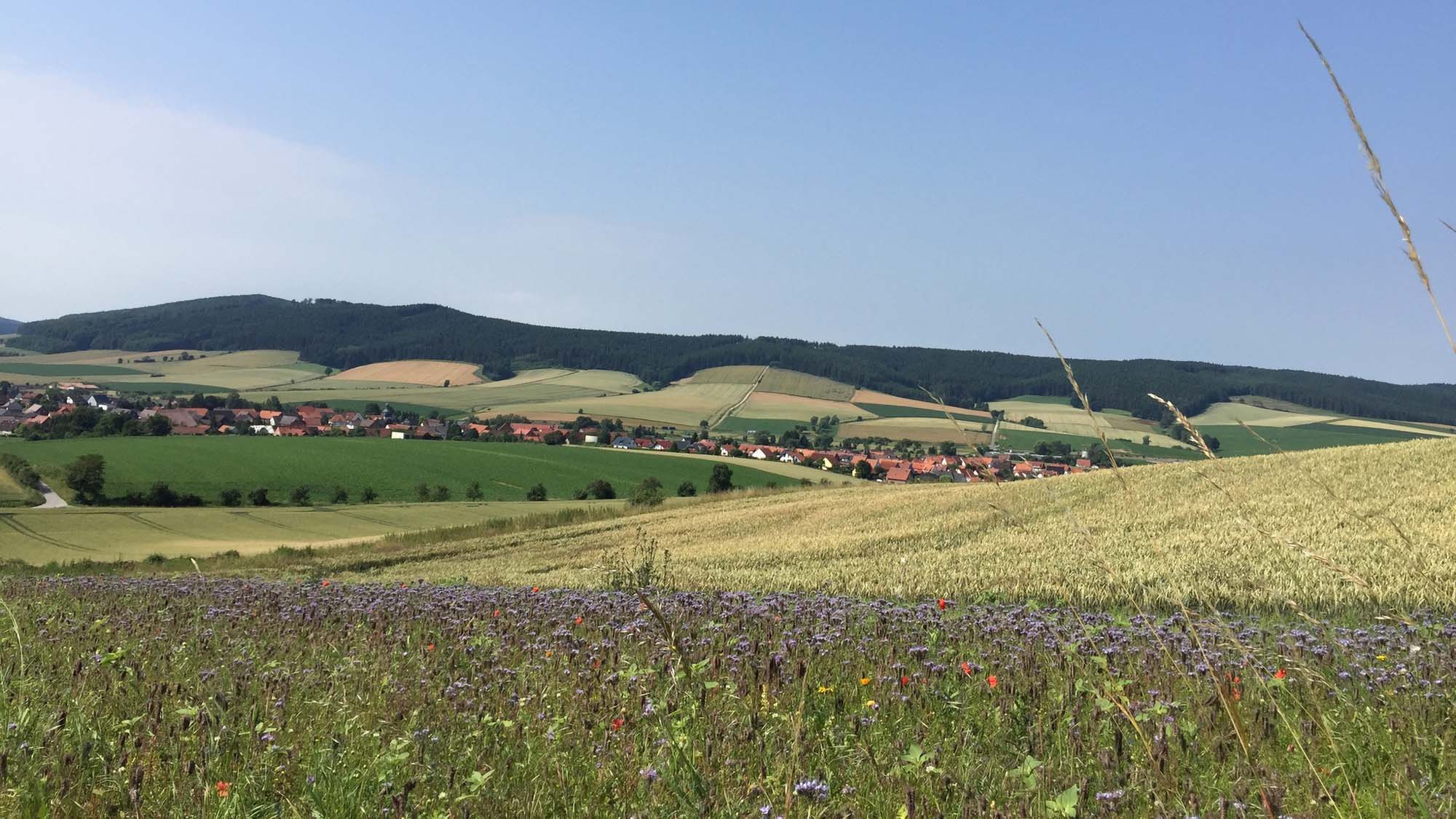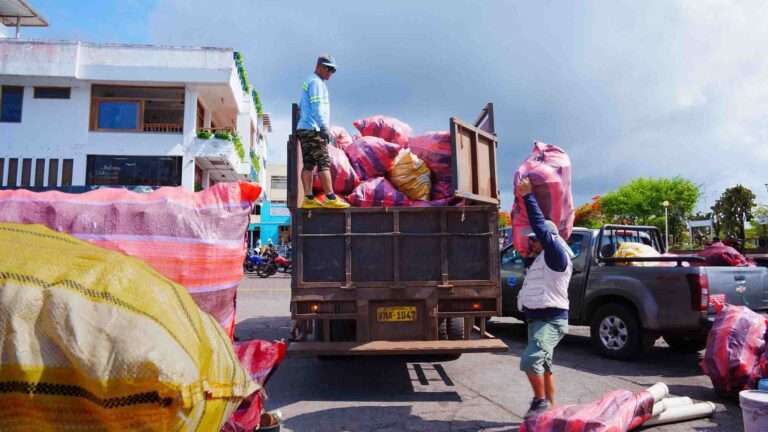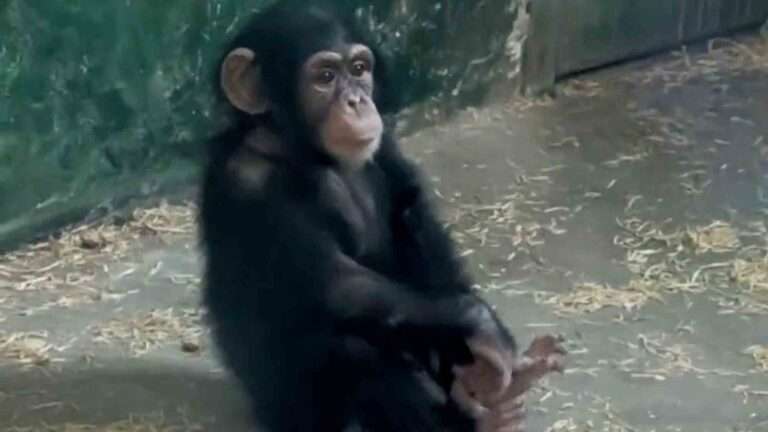Organic farming is not necessarily the best option to protect wild bees, German researchers have found.
Agroecologists of Goettingen University in the German State of Lower Saxony say that their study results underline the importance to evaluate biodiversity benefits from different perspectives.
A team of crop scientists headed by Prof. Teja Tscharntke examined 10 agricultural landscapes near Goettingen for two years.
Each of them contained three winter wheat fields: one organic field, one conventional field featuring flower strips and one conventional field without a flower strip.
The agroecologists recorded the occurrence of wild bees at the edges of each of these 30 fields.
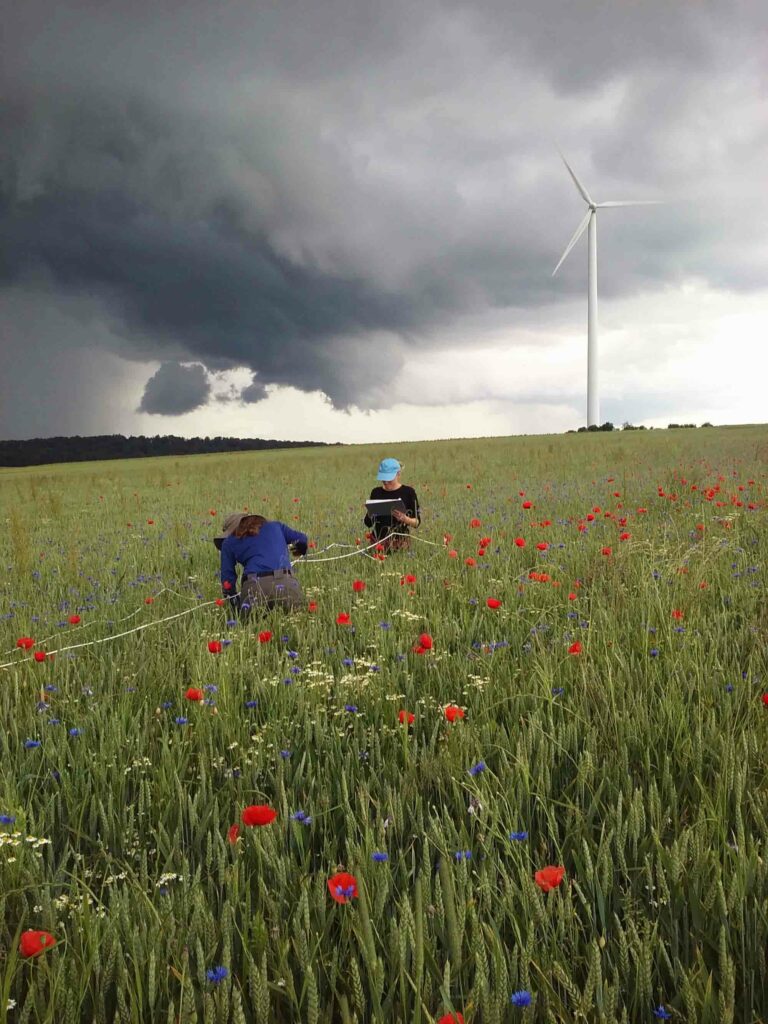
(Sinja Zieger/Newsflash)
The scientists said that the results could easily lead to the conclusion that conventional fields might attract more bees than organic fields. However, they underlined that this determination was insufficient.
Tscharntke said: “When we looked more closely, this did not give us a complete picture. It did not take into account that flower strips only cover about five per cent of conventional fields – which has significantly fewer bees overall than the organic farmland.”
Goettingen University cooperated with the Centre for Organic Research in Vacratot, Hungary, over their wild bee biodiversity research.
Dr Peter Batary, a group leader at the Hungarian institution explained: “Organic farming – which typically has more wild plants than conventional fields – is actually more successful than conventional fields with flower strips in promoting bees.”
Tscharntke added: “The missing piece of the jigsaw is the fact that fields of grain in organic farming yield only half the harvest of conventional farming.
“When the loss in wheat yield is taken into account, a 10-hectare area of organic farmland should be compared to five hectares of conventional farmland plus five hectares of flower strips, which would lead to 3.5 times more bees but the same yield.
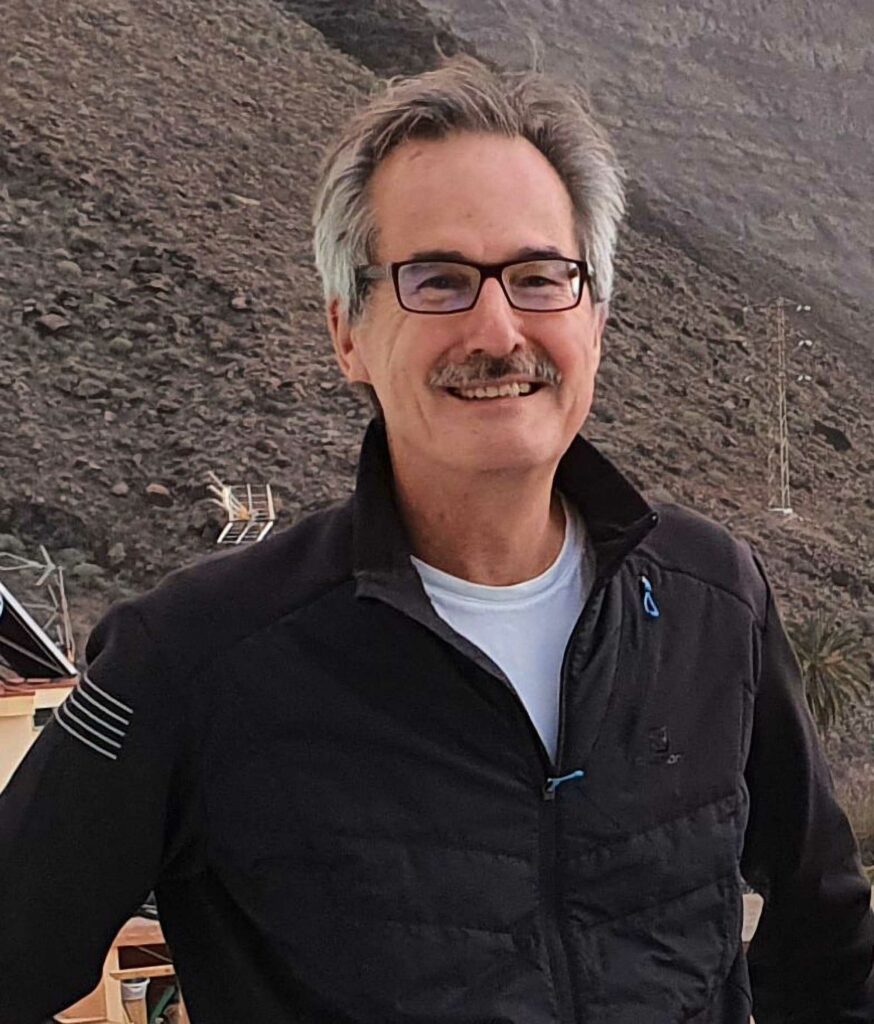
(Gottingen University/Newsflash)
“In this scenario, organic farming would not be the best way to support wild bees.”
The biodiversity experts underlined that different criteria must be applied when it comes to evaluating the environmental friendliness of harvesting and agriculture in general.
Tscharntke said: “It is only when we take into account the area along with the yield together with the type of farming that we can achieve a balanced understanding of the ecological and economic effectiveness of environmental measures.”
Native wild bees often have to compete for the limited habitat and available food sources available with beekeepers’ honey bees.
The University of Goettingen was founded by George II, King of Great Britain and Elector of Hanover, in 1734. It is the oldest university in Lower Saxony.
The Goettingen University study results on biodiversity and wild bees come just days after a leading scientist’s warning over a potential global threat to bees.
Prof Dr Robert Paxton from Martin Luther University in the German city of Halle, Lower Saxony, warned that the latest variant of the Deformed Wing Virus had the potential to wipe out honey-bee populations all over the world.
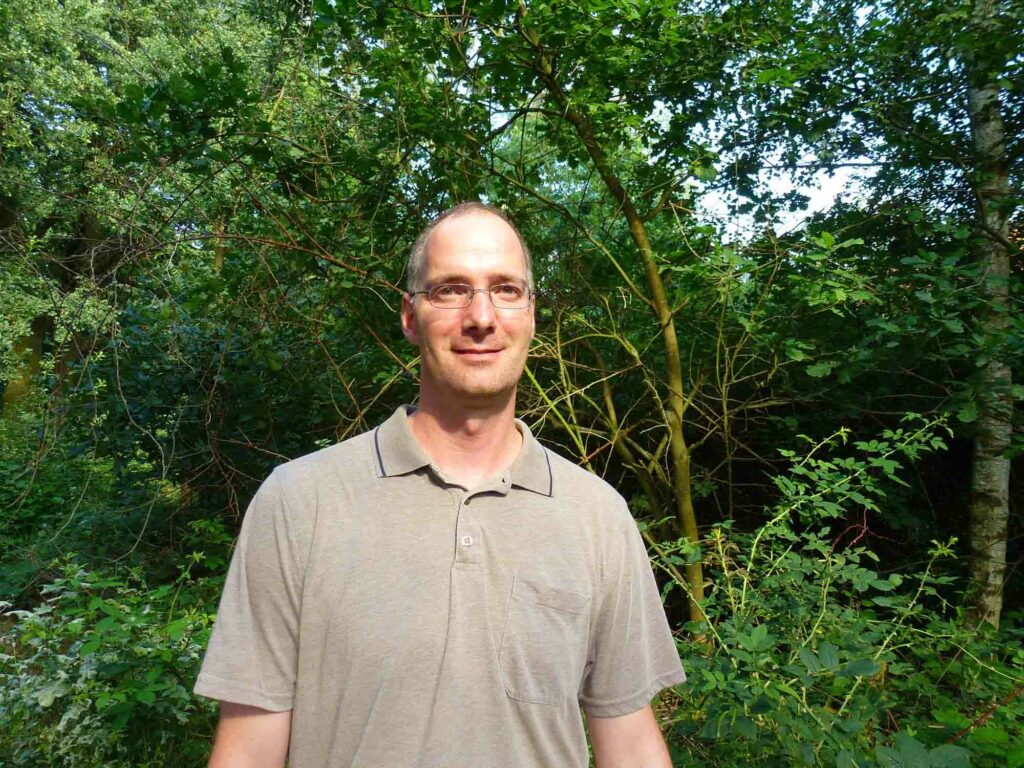
(Gottingen University/Newsflash)
Paxton called the virus the “biggest threat to honey bees right now.”
The virus variant is spread by varroa mites. It causes serious damage to the insects’ wings before eventually killing them.
Paxton pointed out: “Bees are the most important creature for mankind and the environment.”
Honey bees are social flying insects known for their construction of perennial colonial nests from wax, the large size of their colonies, and surplus production and storage of honey.
World Bee Day was celebrated last Friday (20th May). Its purpose is to acknowledge the role of bees and other pollinators for the ecosystem.
To find out more about the author, editor or agency that supplied this story – please click below.
Story By: Thomas Hochwarter, Sub-Editor: Marija Stojkoska, Agency: Newsflash
The Ananova page is created by and dedicated to professional, independent freelance journalists. It is a place for us to showcase our work. When our news is sold to our media partners, we will include the link here.

